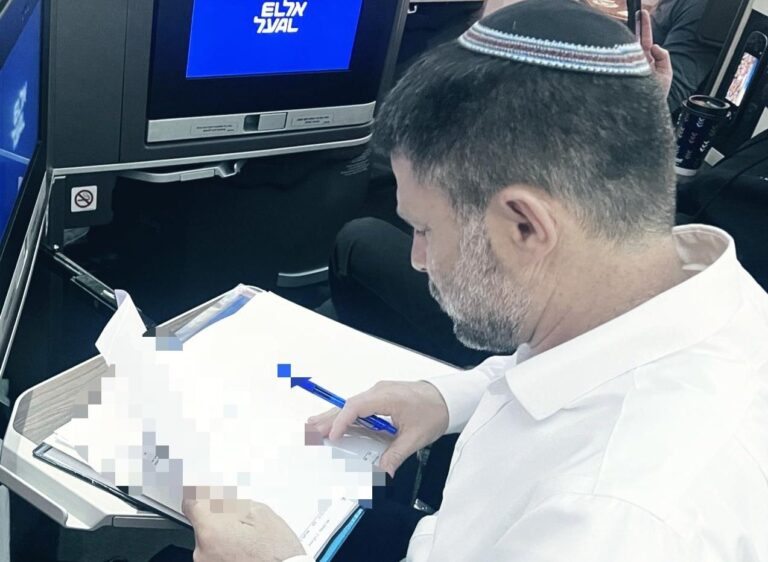 Pilot fatigue is among several issues being eyed by accident investigators as possible factors in the fatal predawn crash of a UPS cargo jet in Alabama last August.
Pilot fatigue is among several issues being eyed by accident investigators as possible factors in the fatal predawn crash of a UPS cargo jet in Alabama last August.
The National Transportation Safety Board scheduled a hearing for Thursday on the accident, which killed both pilots. Documents released just prior to the start of the hearing reveal UPS pilots told investigators that Captain Cerea Beal Jr., who was flying the plane at the time of the crash, had recently expressed concern about the schedules at the cargo carrier.
“About 7 weeks before the accident, he told a colleague that the schedules were becoming more demanding because they were flying up to three legs per night,” according to summary of interviews compiled by investigators. The captain “told him, ‘I can’t do this until I retire because it’s killing me.’ He had a similar conversation with another colleague the night before the accident.”
However, Beal’s wife told investigators he hadn’t expressed reservations about UPS scheduling to her, the summary said.
The safety board has long expressed concern about operator fatigue, saying the problem shows up repeatedly in accidents across all modes of transportation — planes, trains, cars, trucks and ships. Fatigue can erode judgment, slow response times and lead to errors much as alcohol can.
Two years ago, the Federal Aviation Administration issued new rules aimed at ensuring airline pilots have sufficient rest. FAA officials proposed including cargo airlines in draft regulations, but exempted them when final regulations were released, citing cost. Cargo carriers, who do much of their flying at night, strongly opposed the regulations. FAA officials estimated the regulations would cost $550 million over 12 years if applied to cargo airlines; the Independent Pilots Association, which represents UPS pilots, estimated the cost at $320 million.
The work shift of the UPS pilots killed in the crash began about 9 p.m. the previous day in Rockford, Ill., and took them to Peoria and then to Louisville, Ky. They were finishing their last scheduled leg when the plane slammed into a hillside just before 5 a.m. during a landing attempt in Birmingham.
Night shift workers frequently suffer fatigue, especially between the hours of 2 a.m. and 6 a.m. when the human body’s circadian rhythms — physical and behavioral changes that respond to light and darkness — are telling the brain to sleep, according to sleep experts.
Studies show that 30 percent to 50 percent of night-shift workers report falling asleep at least once a week while on the job, according to Dr. Charles Czeisler, chief of sleep medicine at Brigham and Women’s Hospital in Boston.
Fatigue can also be exacerbated by work schedules that alternate between day shifts and night shifts. Crossing several time zones, which is also common for cargo pilots, is another contributor to fatigue. Restful sleep can be difficult if it’s daylight outside, but night in the time zone to which a person’s body is normally adjusted.
Other issues investigators are looking at include training, dispatch procedures and how well the pilots adhered to flight procedures, monitored instruments and followed company policies. Atlanta-based UPS is the world’s largest package-delivery service.
The main 12,000-foot runway at Birmingham-Shuttlesworth International Airport was closed for maintenance on its lights at the time of the crash. The pilots were attempting to land on a shorter 7,000-foot runway that didn’t have as complete an instrument landing system as the longer runway. Seven seconds before impact, the pilots received a cockpit alert that the plane was descending too rapidly. The plane struck trees and then a utility pole before smashing into a hillside short of the runway and bursting into flames.
An audio recording from the Birmingham control tower shows workers were trying to reopen the main runway at the time of the crash. It was reopened moments later, and shortly afterward a FedEx cargo plane landed safely.
The hearing is an opportunity for the NTSB and other parties to the investigation to ask questions of expert witnesses. The board wasn’t expected to reach a conclusion on the probable cause of the accident for several more months.
(AP)










